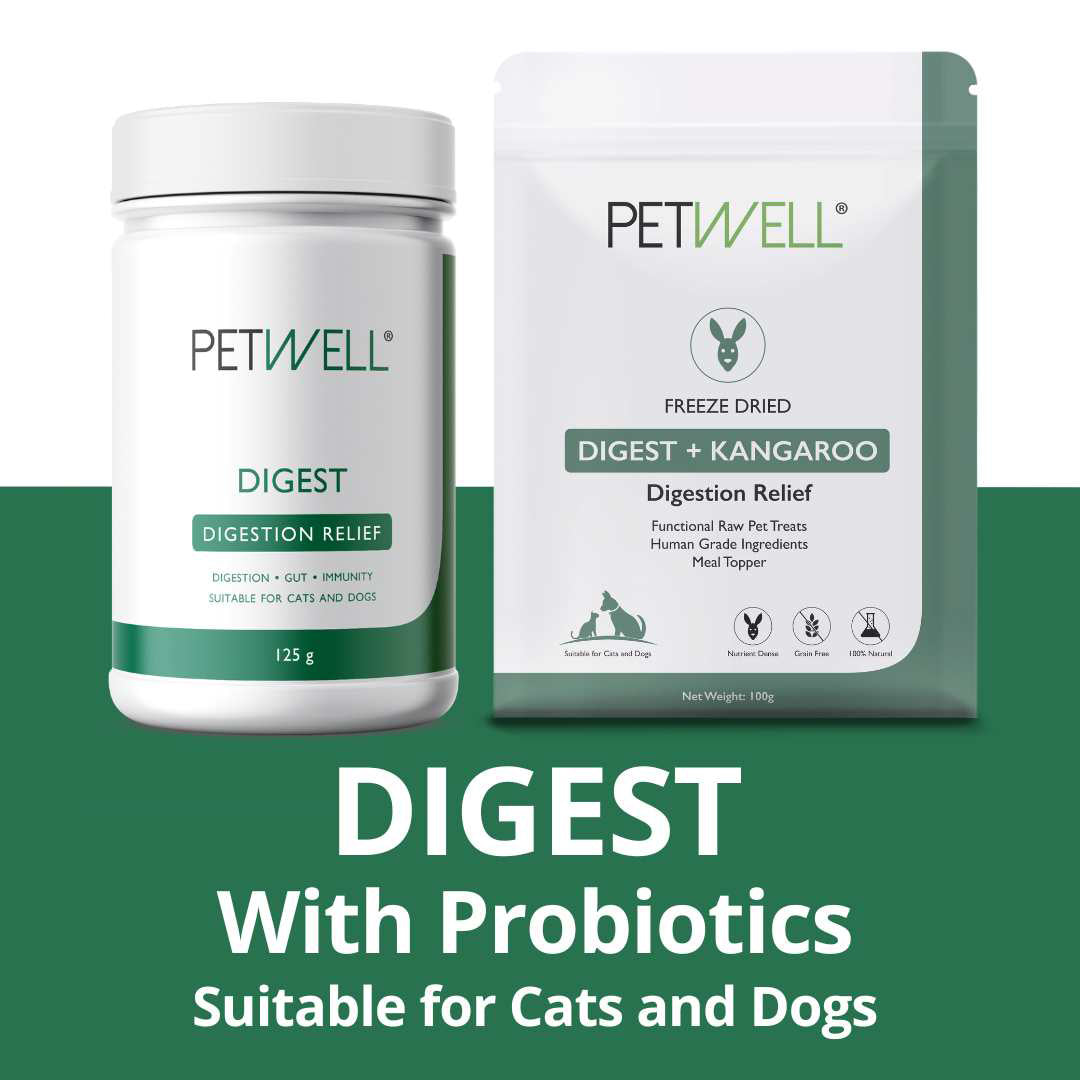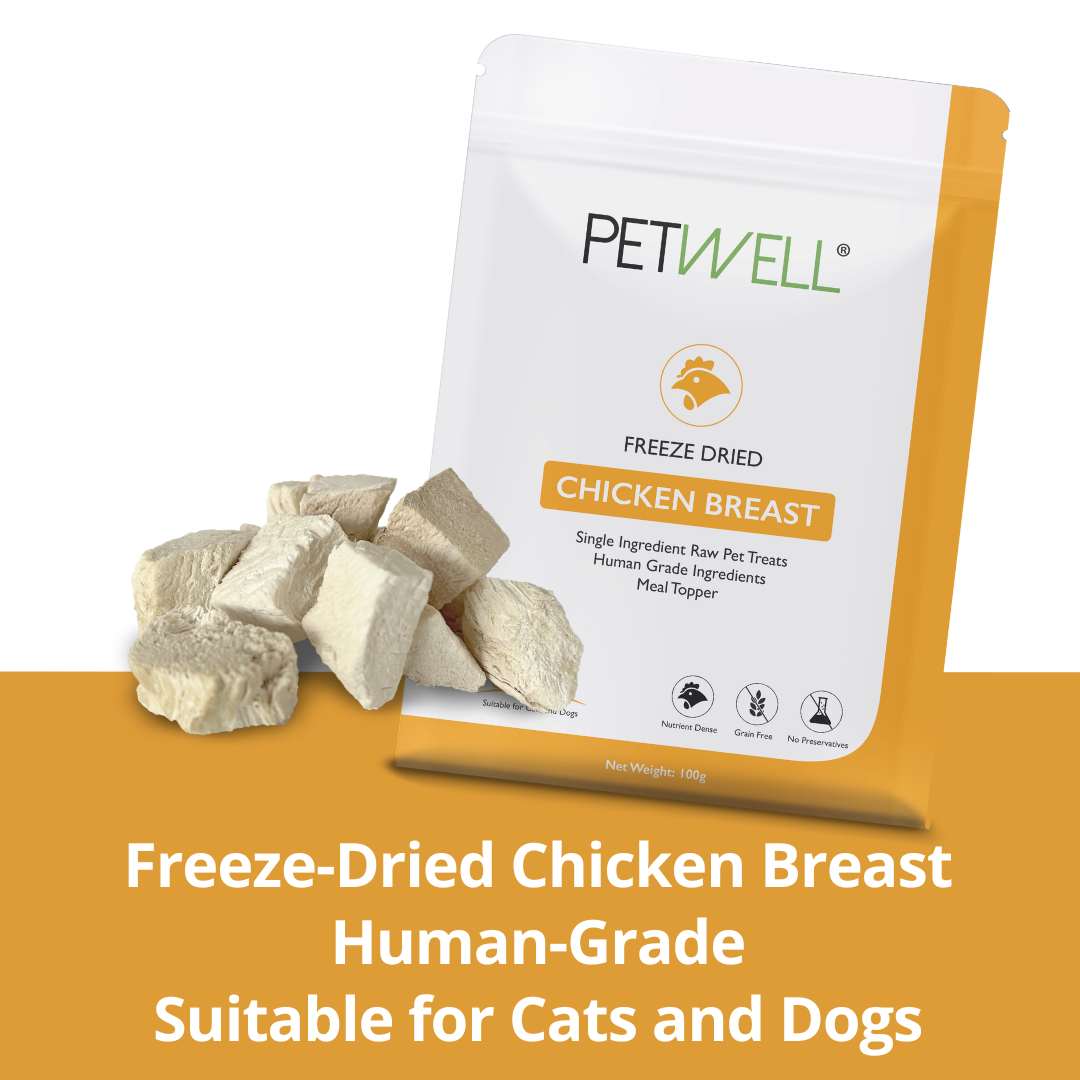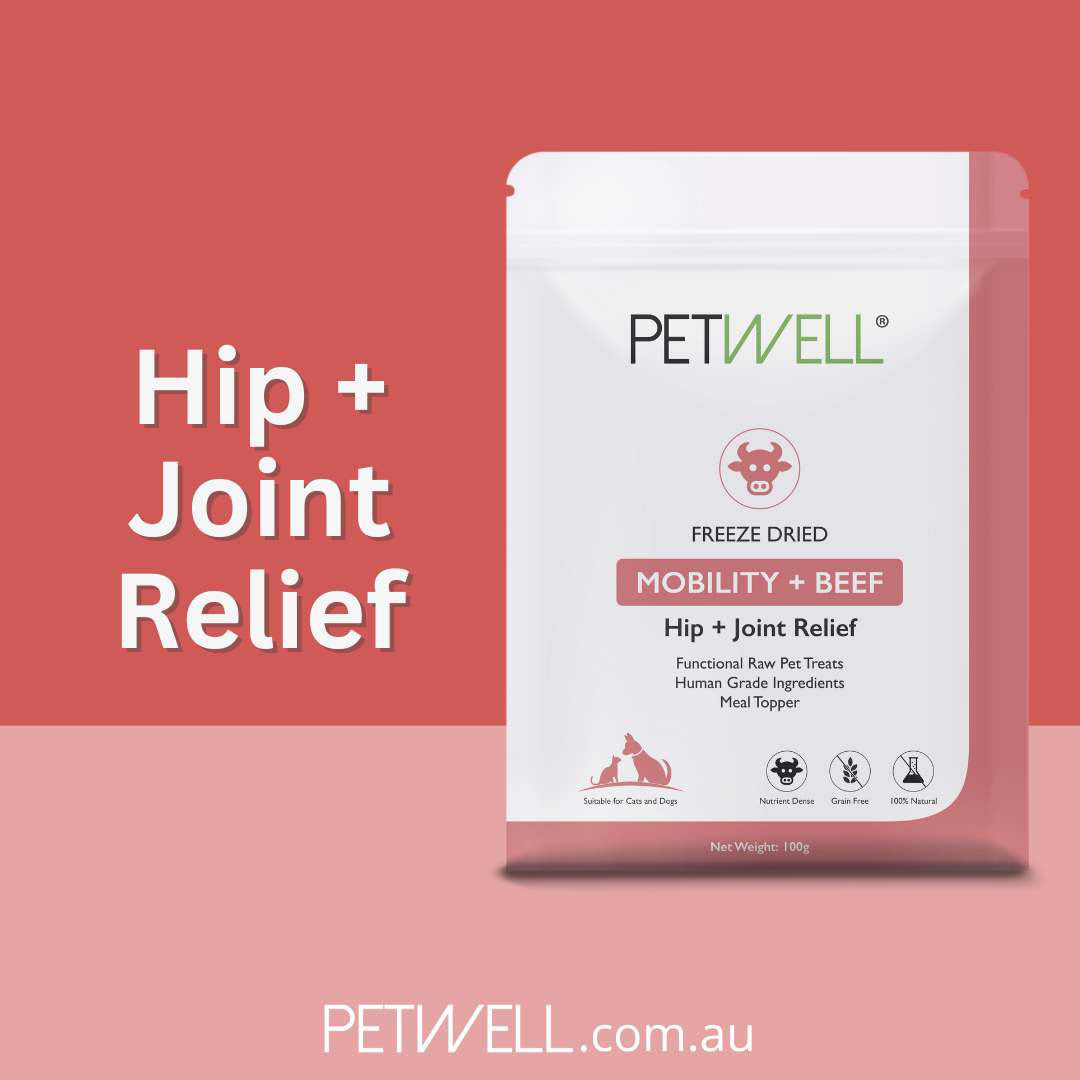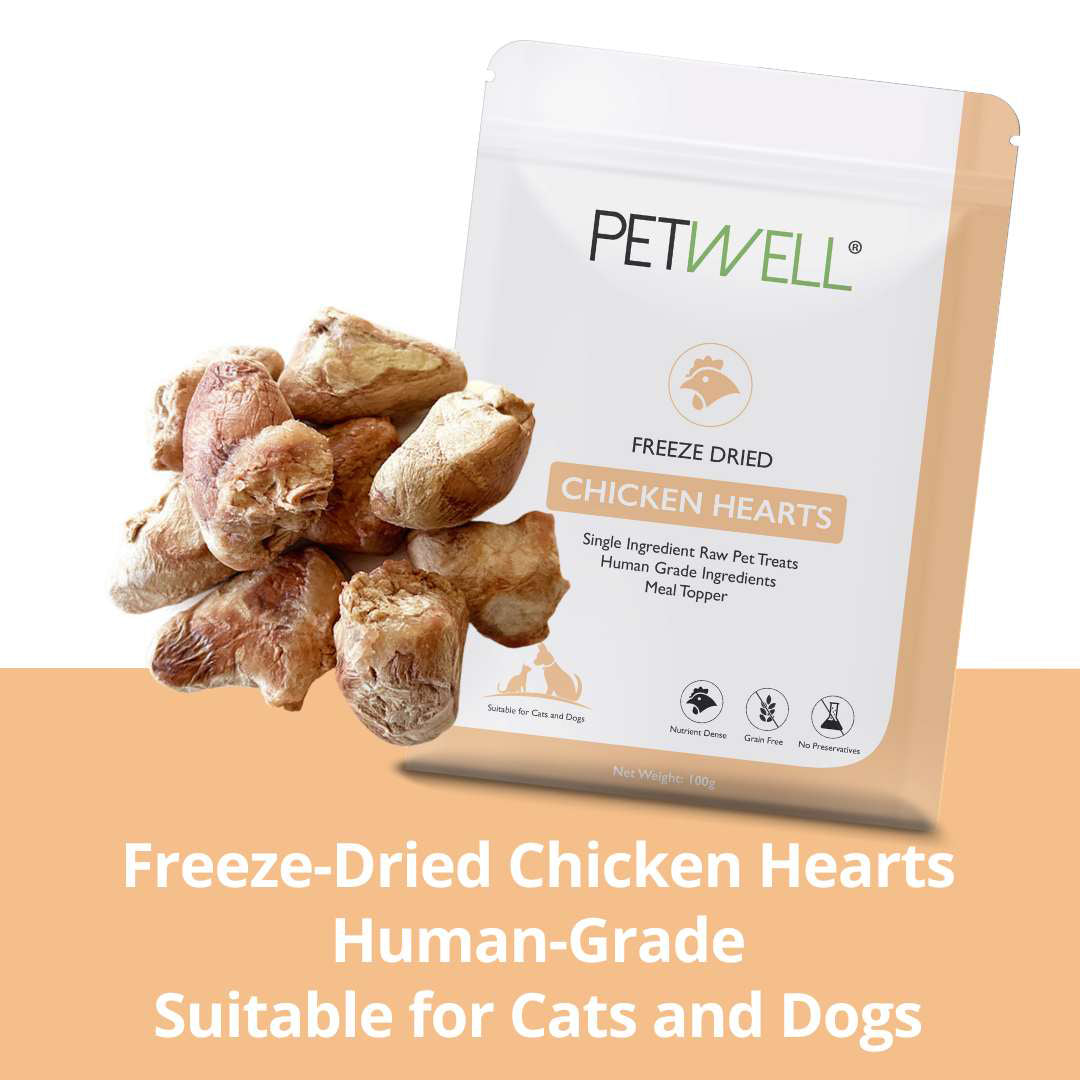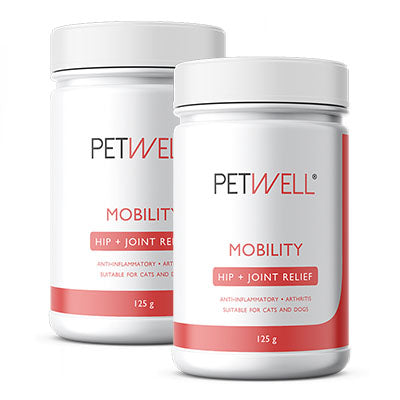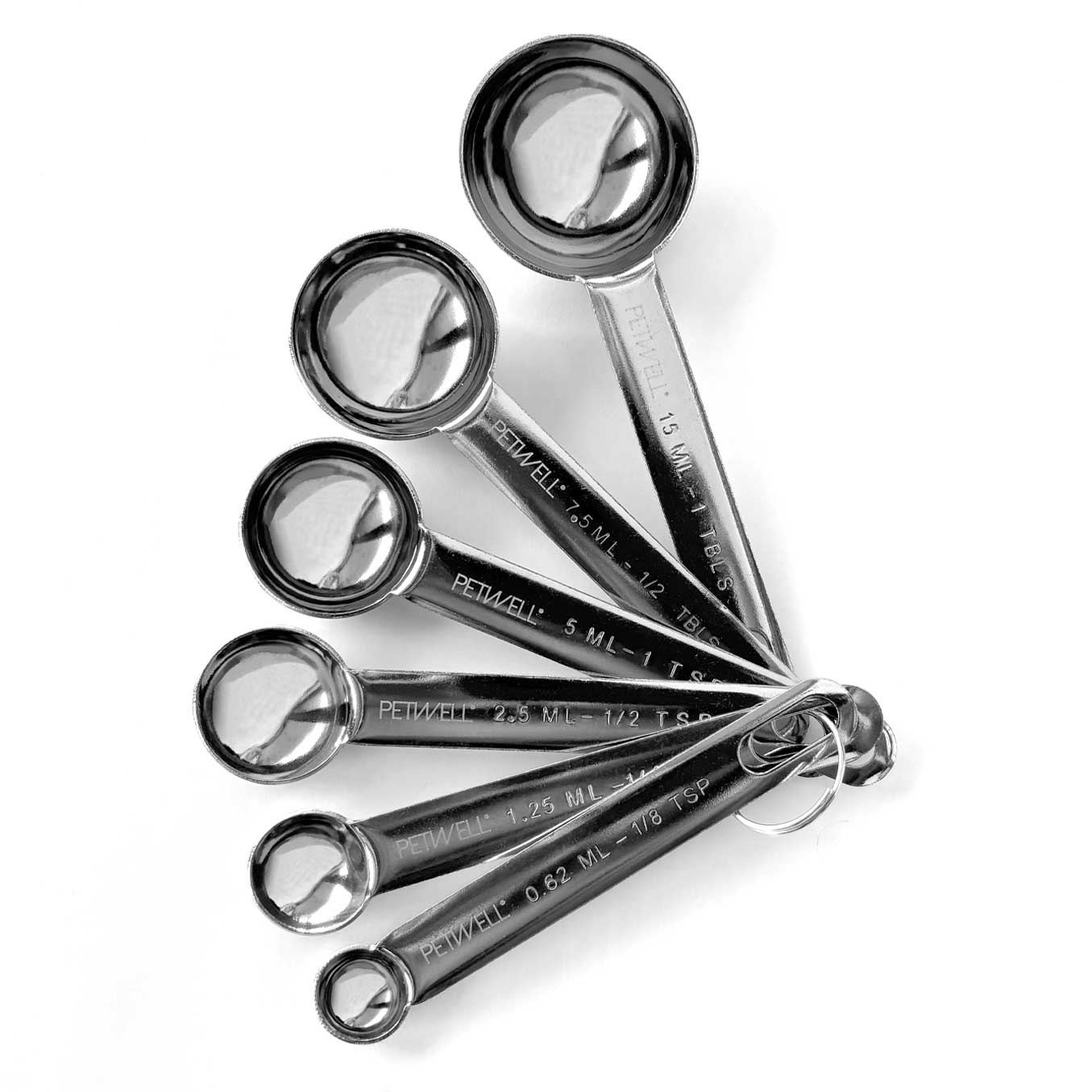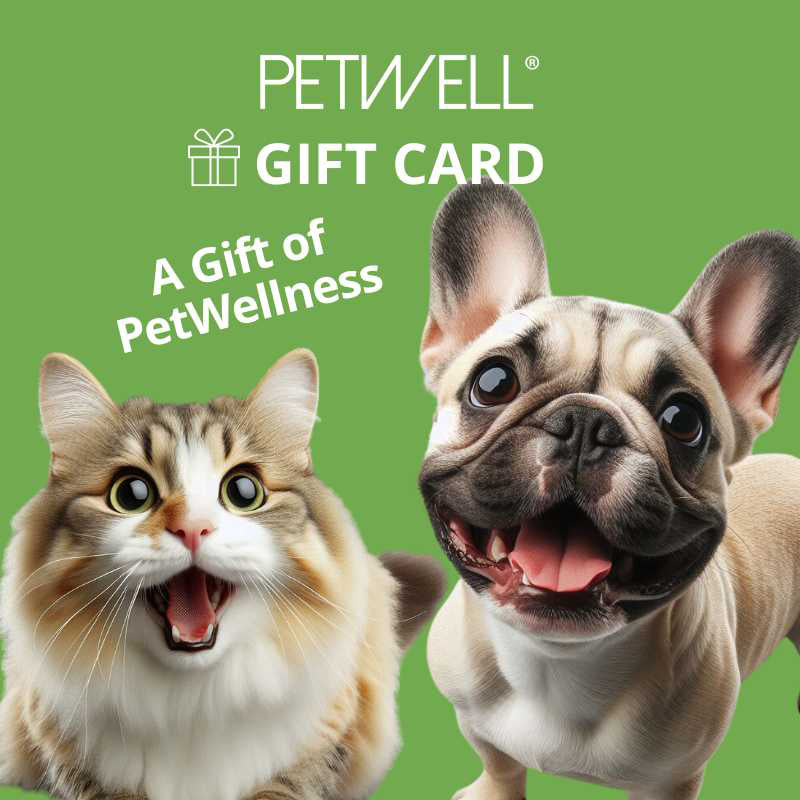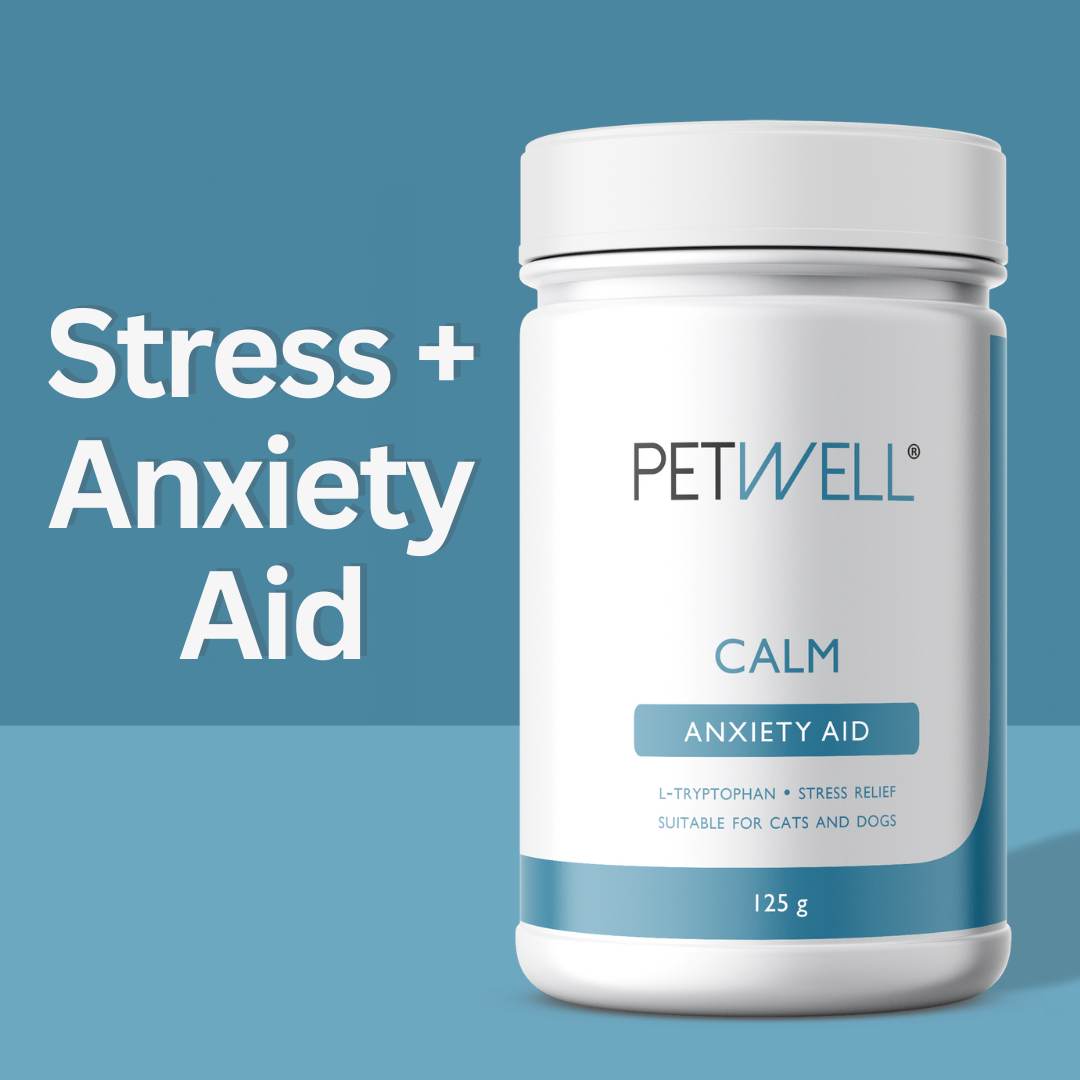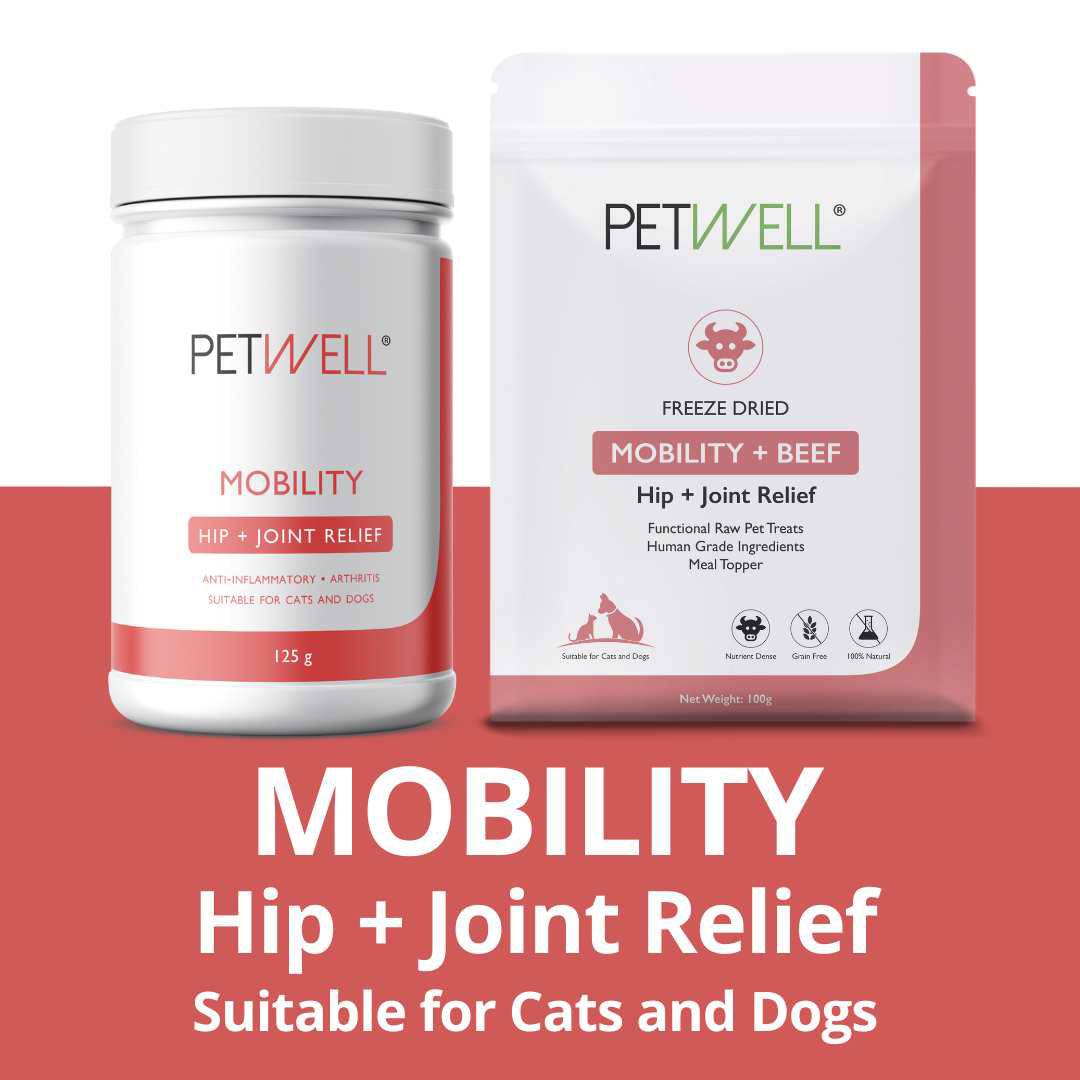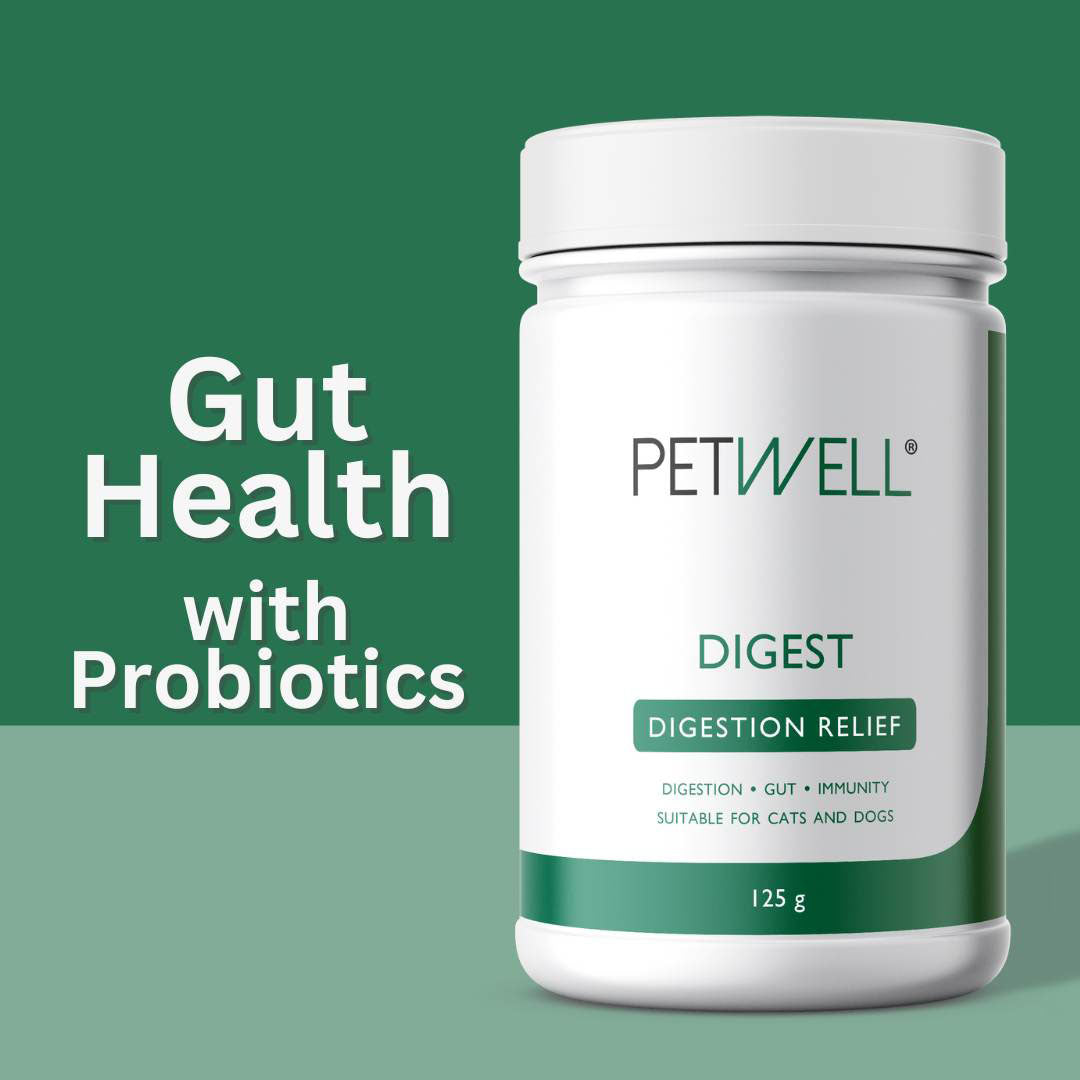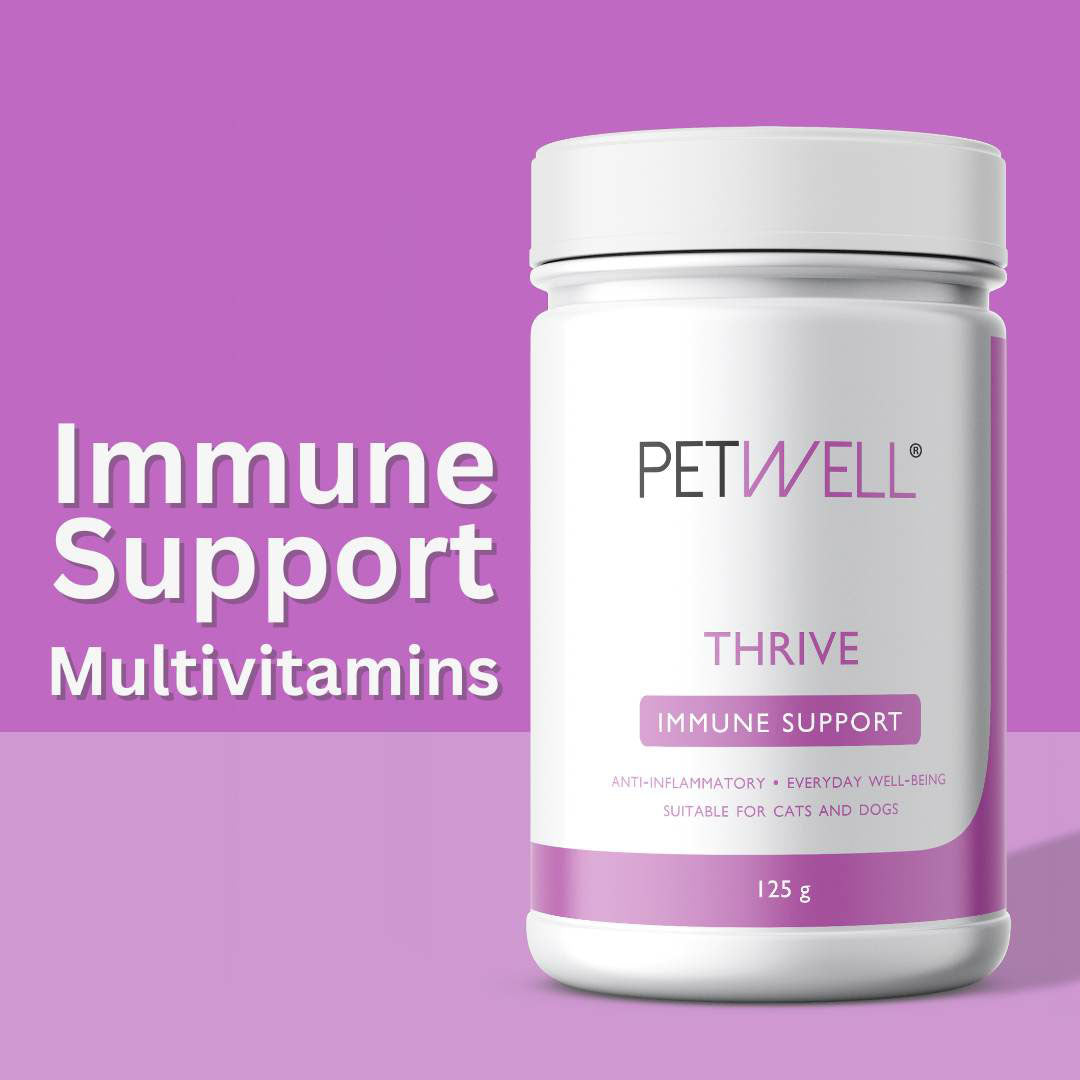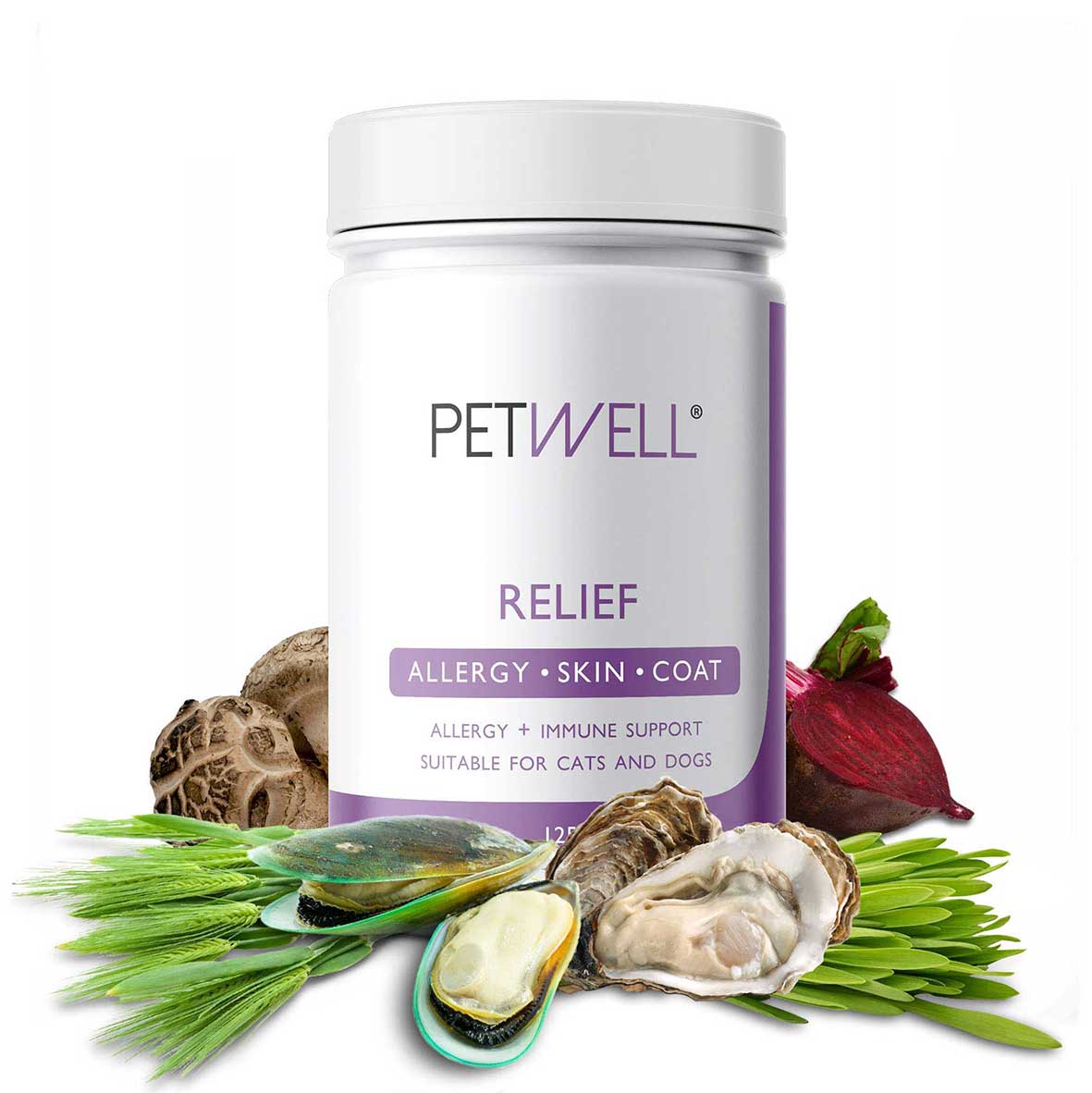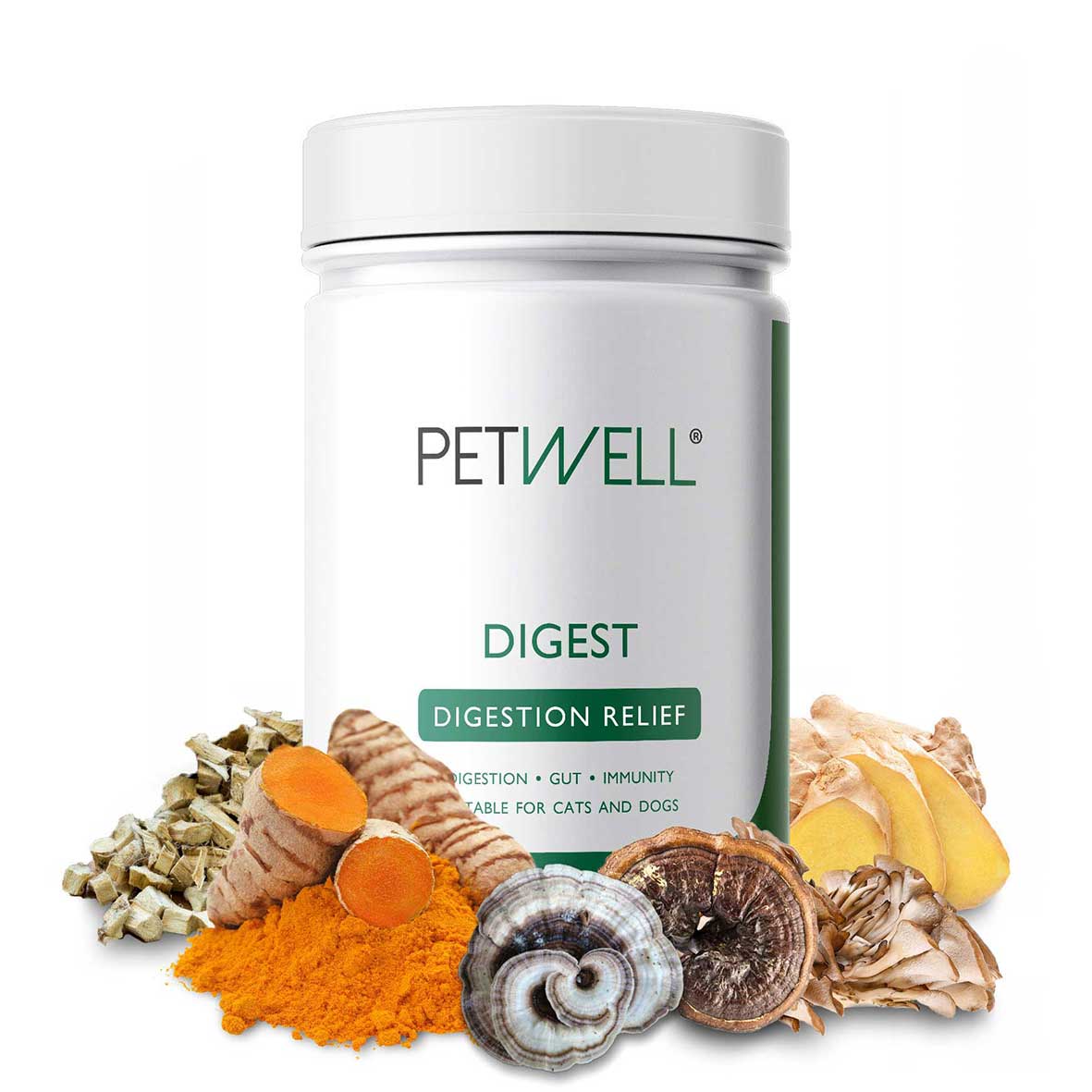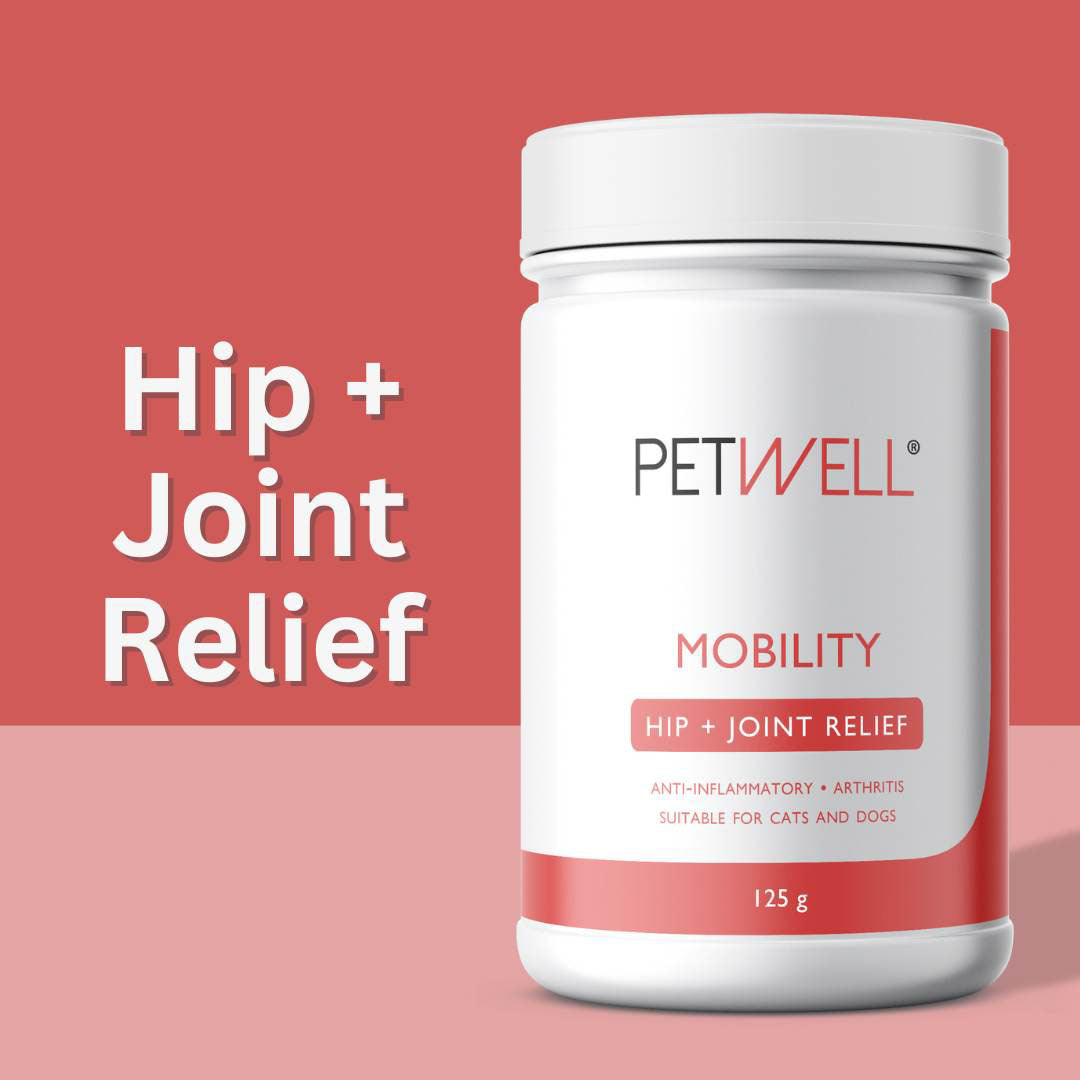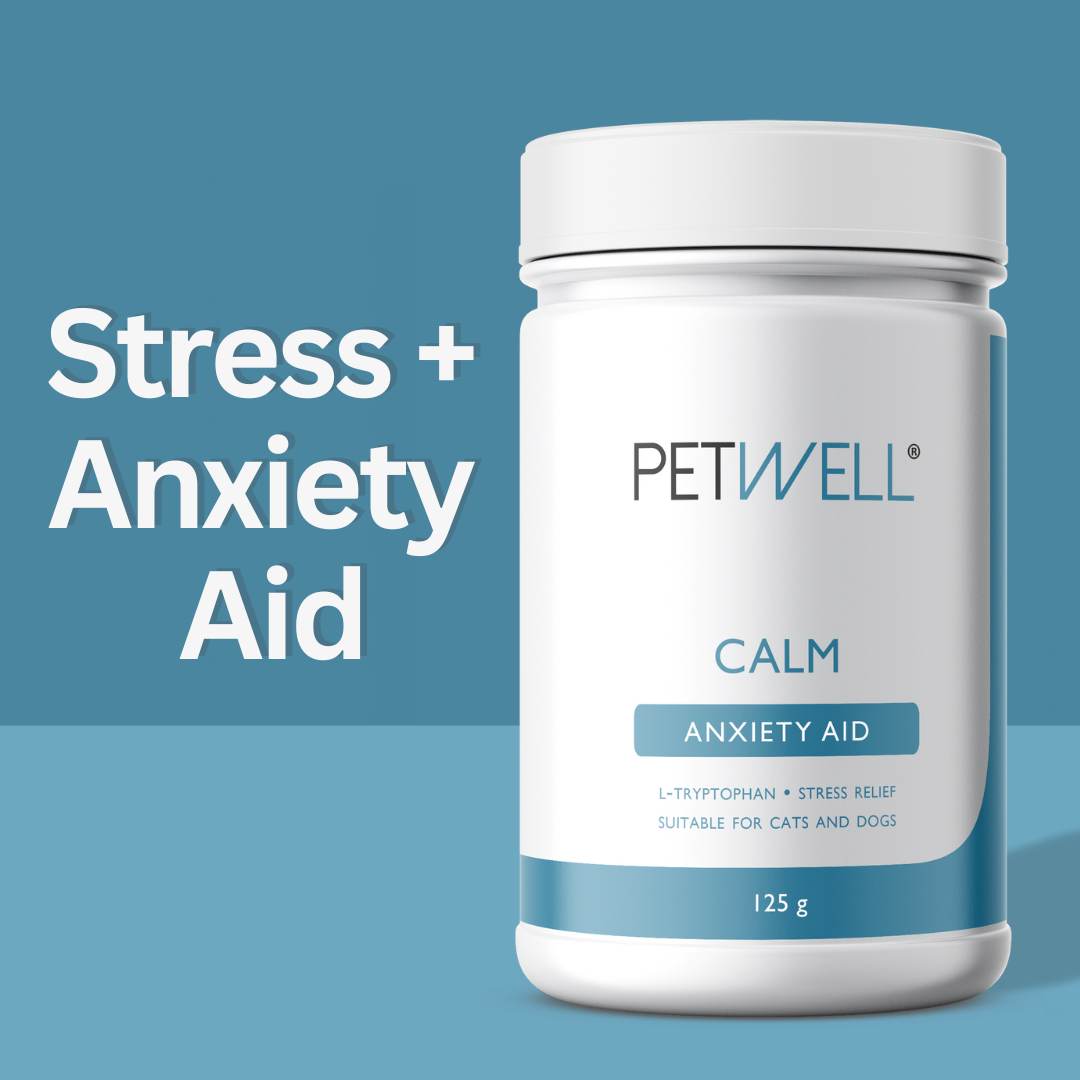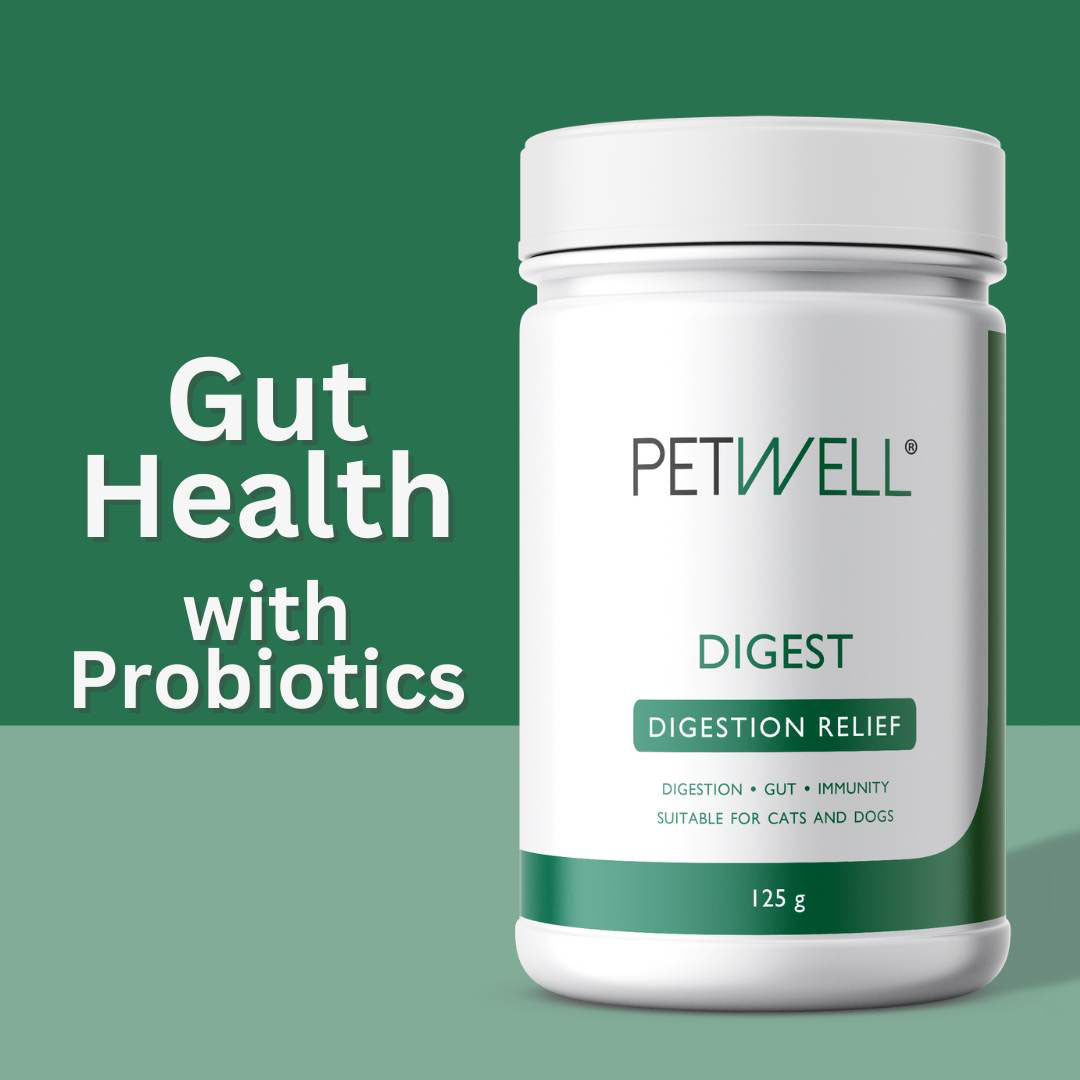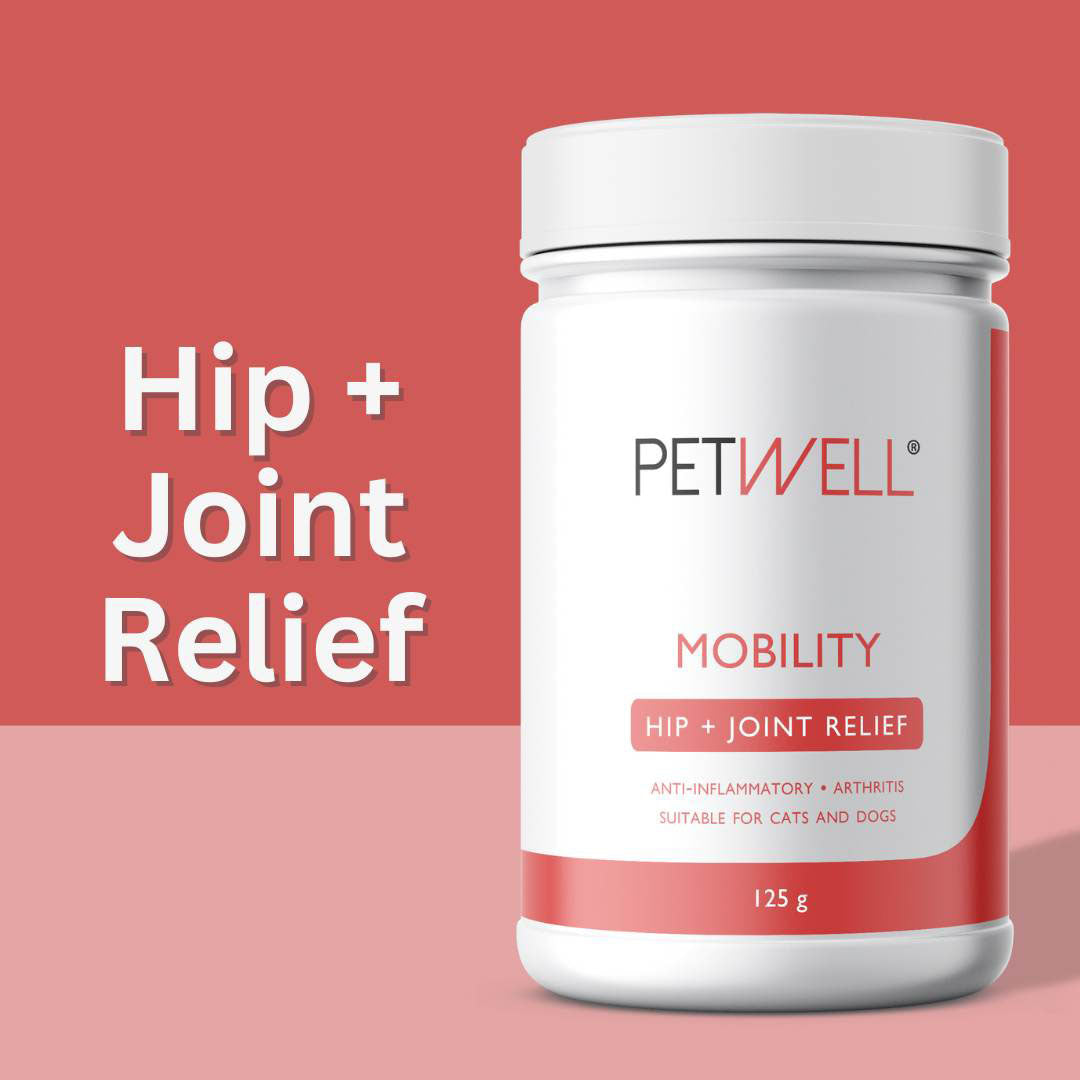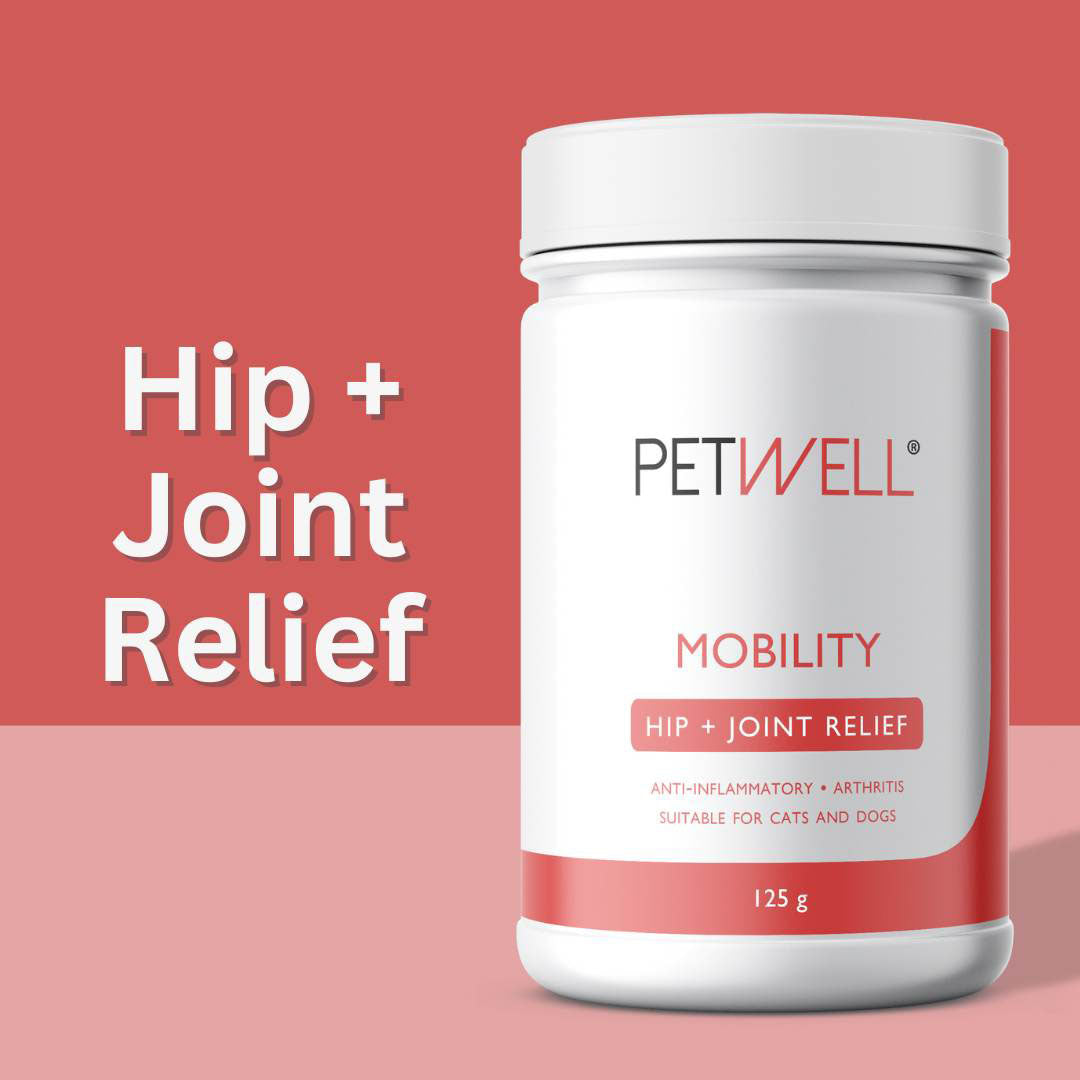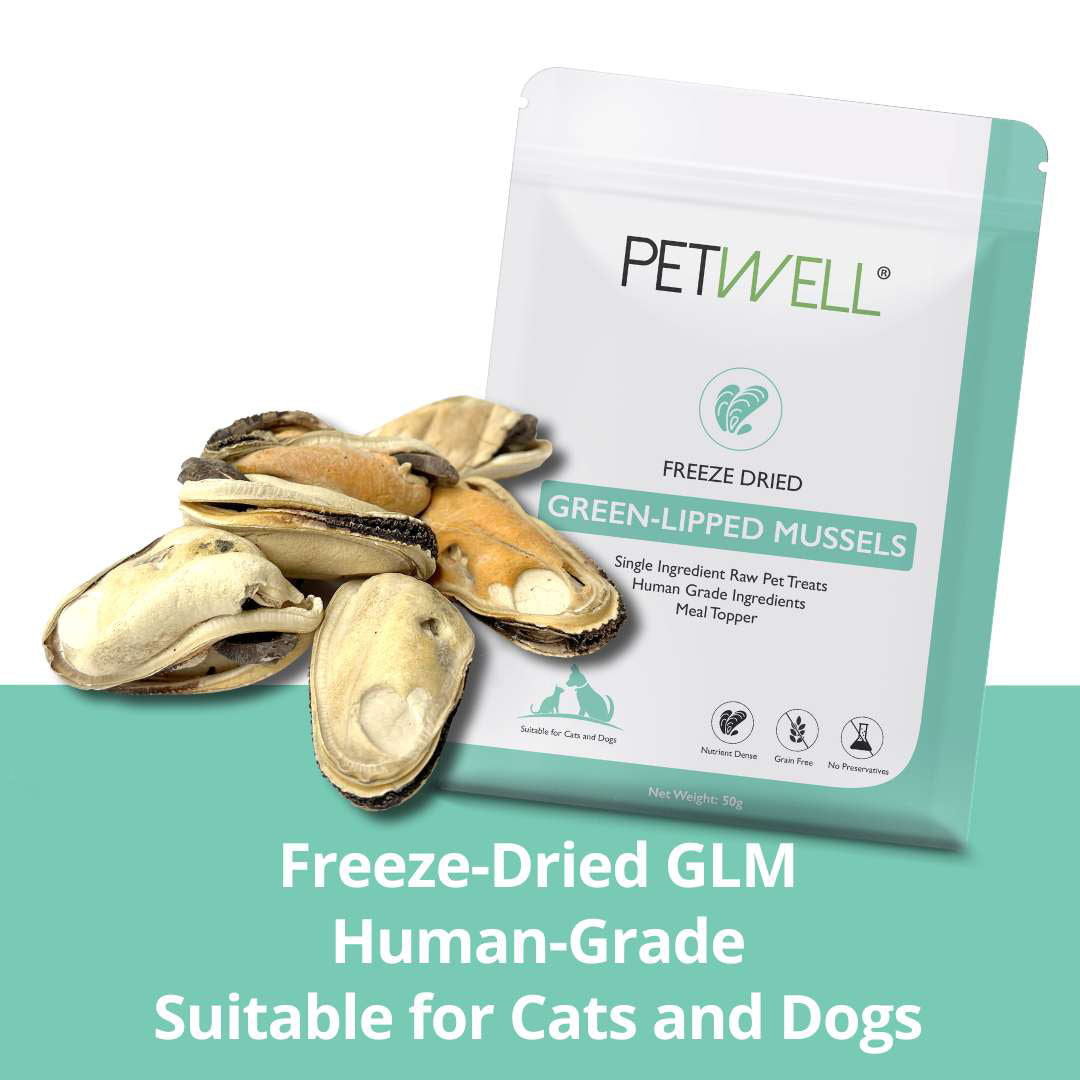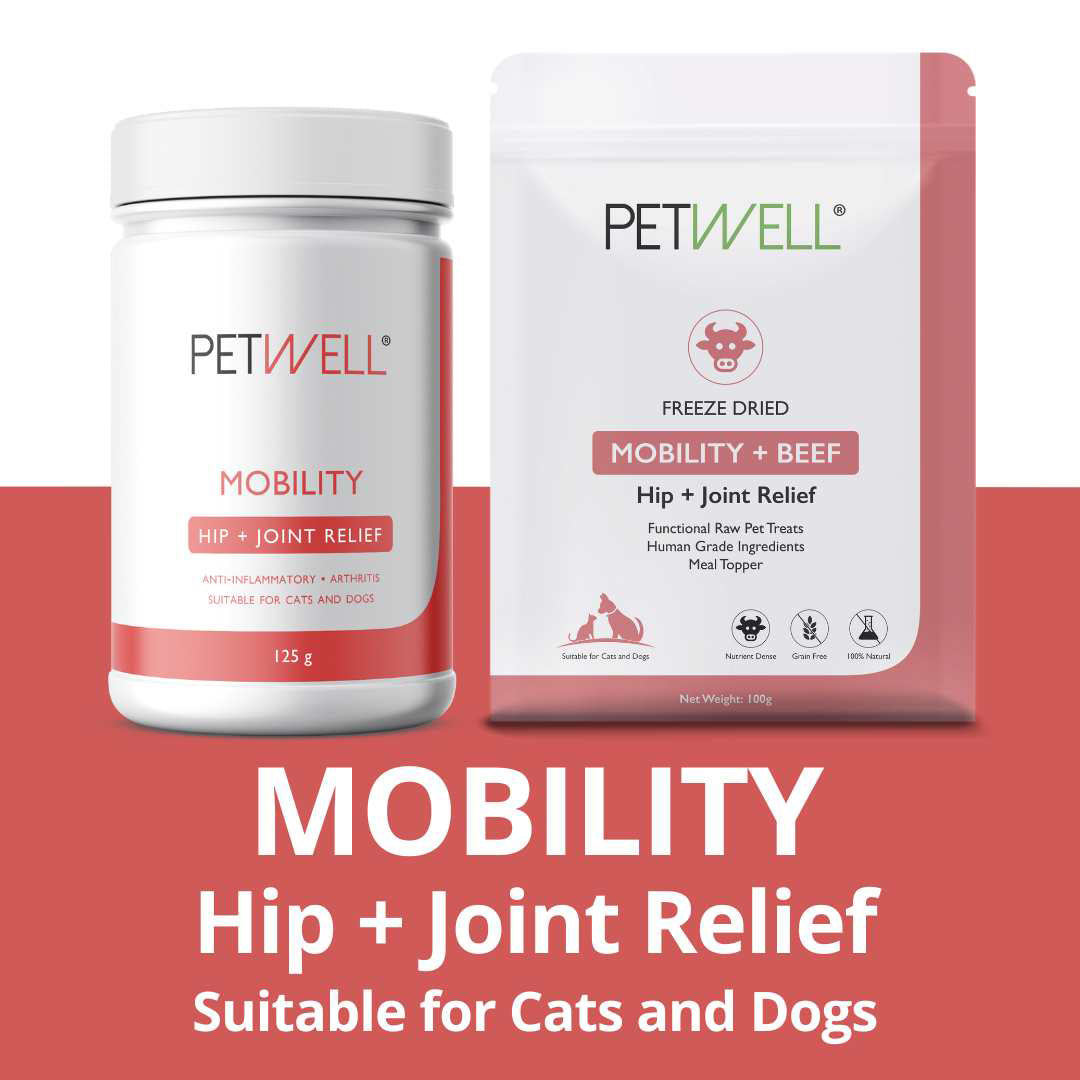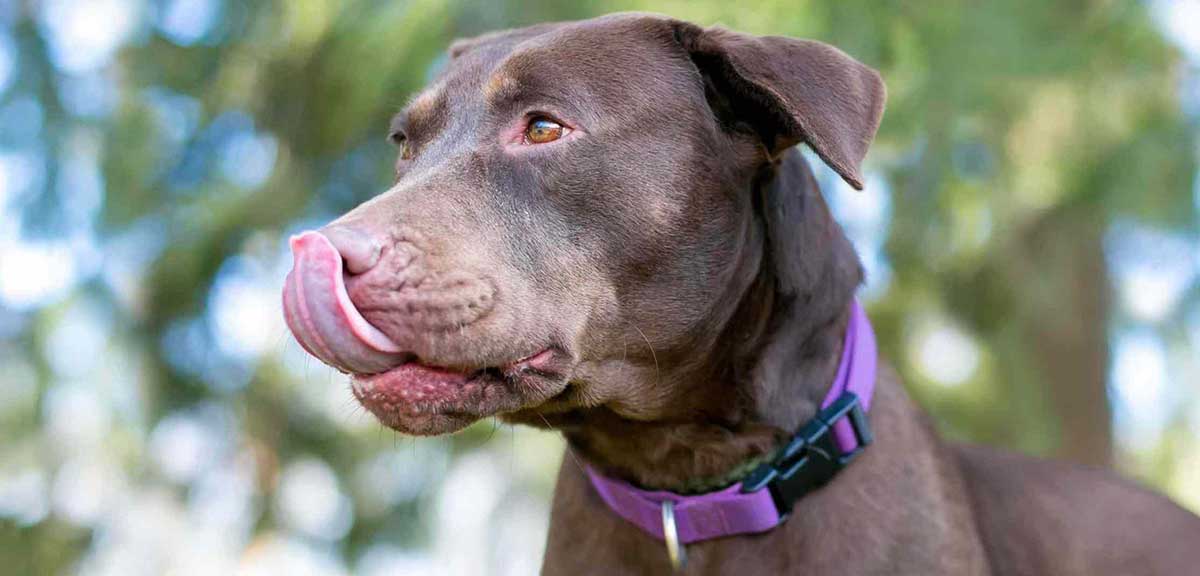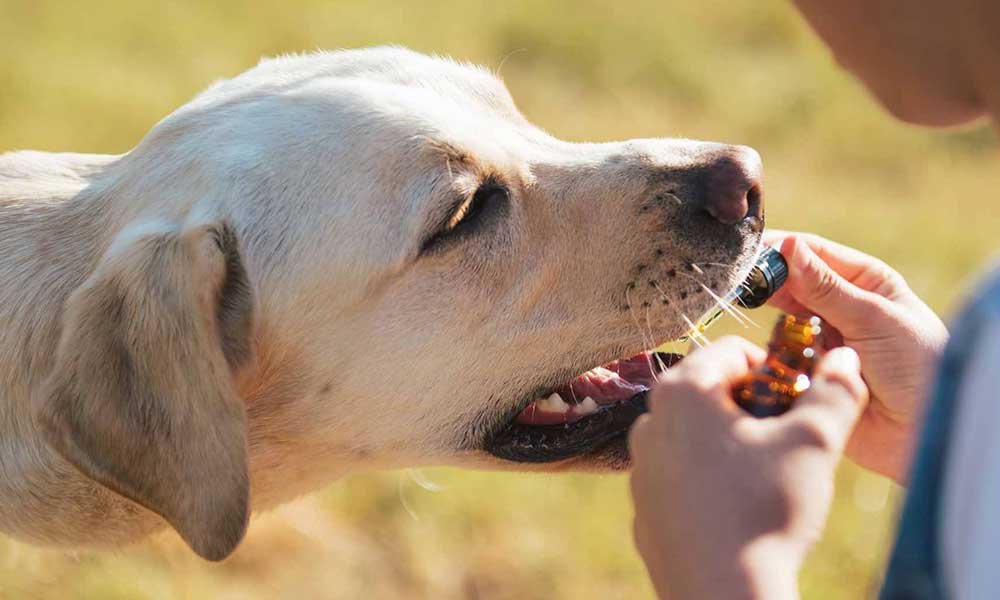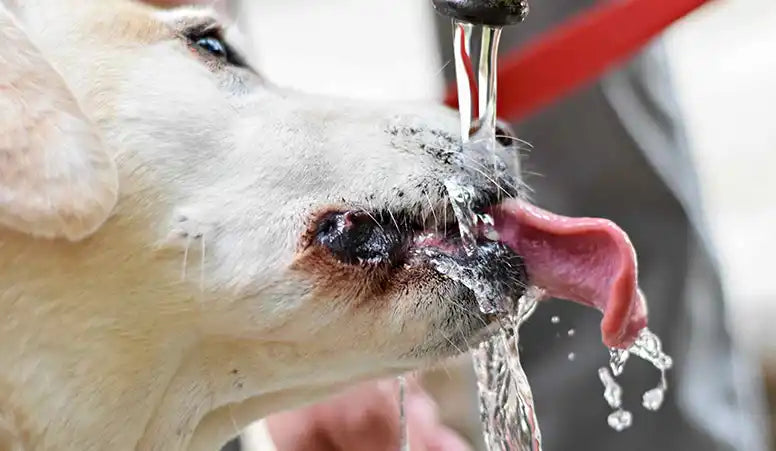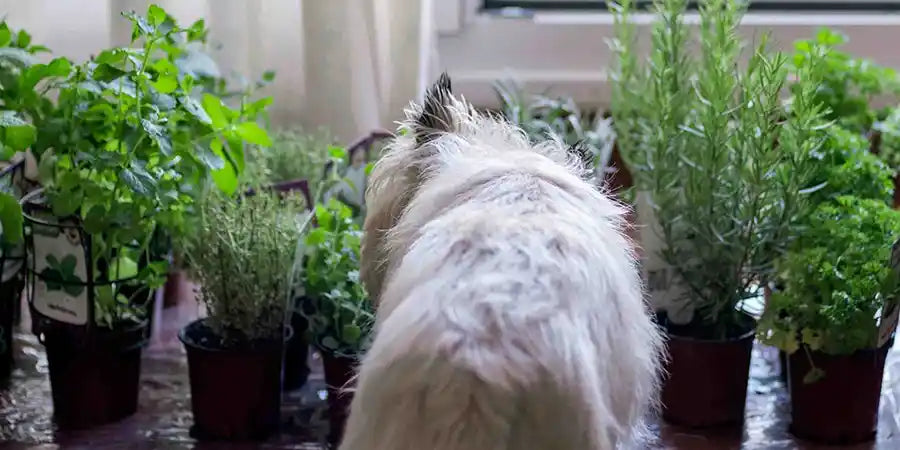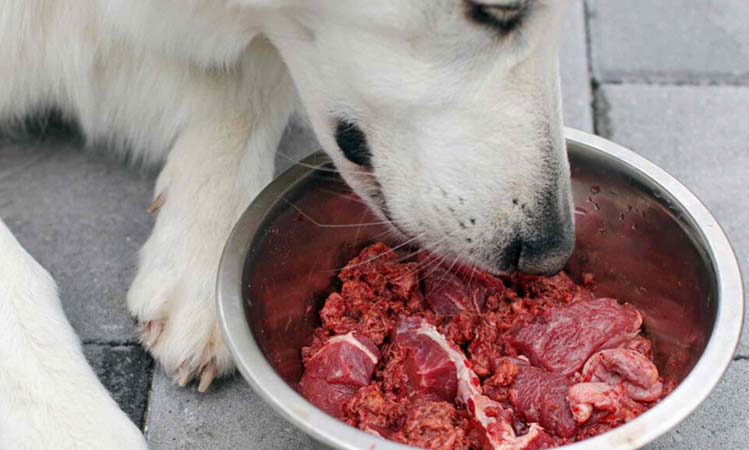Are you aware of how anxiety affects your dog’s immune system? The immune system is an essential part of the body's defence mechanisms.
The immune system is a complex network of cells, tissues, and organs that work together to protect our pets from harmful invaders. Such as bacteria, viruses, and parasites. It detects and eliminates these threats, keeping them healthy and preventing life-threatening diseases.
Studies show stress and anxiety can have a significant impact on the immune system. When the body is stressed, whether it's acute (short-term) or chronic (long-term), it triggers a series of physiological responses that can disrupt and weaken immune function.
How Anxiety Affects Your Dog’s Immune System
Let’s look at how stress and anxiety affect the immune system:
- Suppression of immune response: Prolonged stress can lead to the release of stress hormones which can suppress the immune system.
- Inflammation and autoimmune disorders: Chronic stress can lead to increased inflammation in the body. Inflammation can lead to chronic diseases and autoimmune disorders, where the immune system mistakenly attacks healthy cells and tissues.
- Impaired immune cell activity: Stress hormones can alter the functioning of immune cells, such as lymphocytes and natural killer cells, which are essential for recognising and eliminating pathogens.
- Delayed wound healing: Stress can slow down the healing process by interfering with the production of collagen and impairing the immune system's ability to repair damaged tissues.
- Increased vulnerability to infections: Stress weakens the body's natural defence mechanisms, making it easier for pathogens to invade and cause infections and making existing infections more severe or persistent.
- Exacerbation of existing conditions: Stress can worsen the symptoms of pre-existing conditions, such as asthma, allergies, and autoimmune disorders.
The relationship between stress and the immune system is complex and can vary in pets based on age and breed.
Help Improve Your Pet's Immune System
Here are some things you can do to help improve your pet's immune system:
Calming and Immune Boosting Supplement
All natural supplements without any nasties plays an important role in calming your pet whist boosting their immunity.
PetWell CALM, is a specifically developed formula by a pet naturopath with two vital objectives in mind;
- It aims to assist you pet in managing and reducing stress and anxiety using naturally occurring L-Tryptophan and L-Theanine. Along with other ingredients which are known for their relaxing properties.
-
It also boosts their immune system, due to the vitamins and minerals found in the ingredients.

CALM is crafted with all-natural, human-grade ingredients, ensuring the highest quality for our fur family.
More about How PetWell CALM Helps Manage Dog Anxiety Naturally
Provide a balanced and nutritious diet
Feed them high-quality pet food that is appropriate for their breed, age, and health needs. A balanced diet supports the immune system.
Regular wellness checks
Schedule routine visits to the vet to ensure your pet's overall health and catch any potential issues early on.
Regular exercise
Regular physical activity helps with good circulation, heart health, and overall vitality. Which indirectly supports the immune system.
Provide a stress-free environment
Minimise stressors in your pet's environment. Create a calm and safe space for your pet to enjoy.
Maintain a healthy weight
Obesity can negatively impact the immune system. Ensure your pet maintains a healthy weight through diet and activity.
Good hygiene practices
Keep your pet clean with regular grooming, including brushing their coat, trimming their nails, and cleaning their ears.
Parasite prevention
Parasites can compromise the immune system, consult your vet for suitable preventive treatments.
Proper sleep and rest
Just like humans, pets need sufficient rest to maintain a healthy immune system.

Immune Boosting Foods
We have compiled a list of some foods that can help support and boost the immune system in pets:
Lean Proteins
High-quality sources of lean proteins like chicken, turkey, fish, and lean cuts of beef provide essential amino acids necessary for immune system function.
Vegetables
Vegetables, such as carrots, sweet potatoes, pumpkin, blueberries, and spinach are rich in antioxidants, vitamins, and minerals that support immune health.
Bone Broth
Bone broth is rich in nutrients and provides collagen, gelatine, and amino acids that promote gut health and strengthen the immune system.
Probiotic Foods
Foods that contain natural probiotics, like plain yogurt or kefir, can help support healthy gut flora. A balanced gut microbiome plays a crucial role in overall immune function. Read more here Probiotics for Dogs: Why Gut Health Matters
Omega-3 Fatty Acids
Foods rich in omega-3 fatty acids, such as salmon, sardines, or chia seeds, have anti-inflammatory effects and support immune health.
Garlic
In small amounts, garlic can be beneficial for pets' immune systems. It contains compounds that have antimicrobial and immune-boosting properties.
Turmeric
Turmeric helps support the immune system due to its natural anti-inflammatory properties.
Coconut Oil
Coconut oil provides medium-chain triglycerides (MCTs), which have antimicrobial properties and can support immune function.
In Summary
As we have established, the link between pet anxiety and immune system is vital. A strong immune system helps protect them from diseases, supports faster recovery, and promotes longevity.
Read more about What is Dog Anxiety: Causes, Symptoms & Solutions
The Science behind it
Don’t just take our word for it, here are some evidence-based studies for you to review.
Effect of Immune Stress on Growth Performance and Immune Functions
The Impact of Everyday Stressors on the Immune System and Health
Chronic stress, glucocorticoid receptor resistance, inflammation, and disease risk
Psychological influences on immune function and health
Disclaimer: The entire contents of PetWell emails and website are not to be taken as medical advice. The team at Pet Squad Pty Ltd trading as PetWell encourages you to make your own pet healthcare decisions based on your research and in partnership with a qualified pet healthcare professional.
